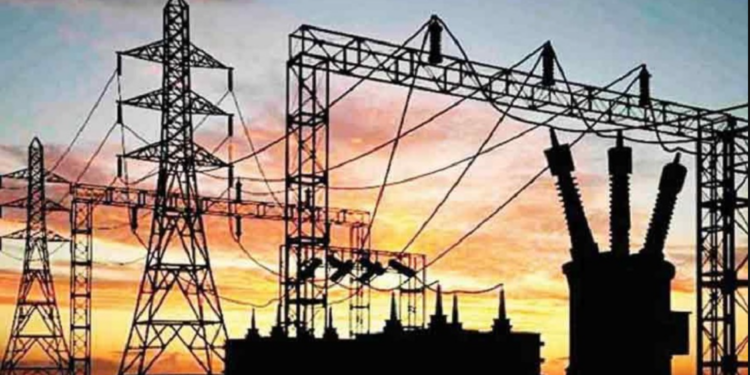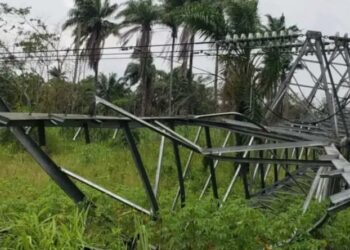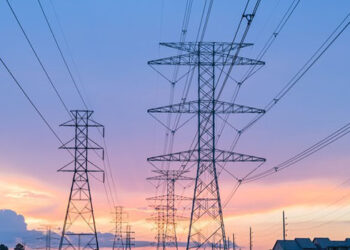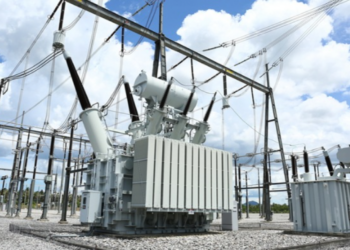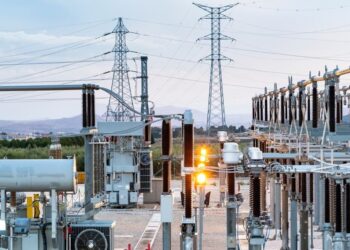The Transmission Company of Nigeria (TCN) has said that its attempts to restore the national grid after initial collapse, suffered a setback but the challenge was promptly addressed.
In a September 14 statement signed by Ndidi Mbah, the company’s General Manager for Public Affairs, the company said some parts of the country have now been reconnected to the power supply.
The statement read as follows:
- “The Transmission Company of Nigeria, TCN, hereby notes that grid restoration nationwide is in progress and has reached advanced stages with power supply now available in the West, North Central, South, East, and a large portion of the Northern parts of the country.
- “The power supply restoration is the sequel to the total grid collapse, which occurred at 12.35 am, this morning, causing an outage nationwide, after over 421 days of consistent grid stability. In the course of the grid restoration, the process initially suffered a setback; this did not amount to another collapse.
- “In the course of any grid restoration process, challenges may be encountered. This happened today while the grid restoration was in progress, but it was promptly addressed.
- “It would be recalled that the last total system collapse recorded was on 20th July 2022, from then to the 13th of September, 2023, ( 421 days), the system had been stable in spite of the challenges posed by zero spinning reserve and lack of adequate System Control and Data Acquisition (SCADA) essential to a strong and stable grid, among others TCN had been able to maintain 421 days of grid stability because it developed and deployed in-house stop-gap measures and tools that it has continued to use to manage the nation’s grid, ensuring its stability.
- “Meanwhile, the collapse which occurred after a fire incident on Kanji/Jebba 330kV line 2 is being investigated, with the view to forestalling future occurrence and invariably further strengthening the grid. The incident notwithstanding, TCN is determined to continue to do its best to ensure grid stability.”
What you should know
The TCN has previously underscored its commitment to preventing future grid collapses through innovative measures.
One of these measures is the implementation of the Free Governor Mode of Operation (FGMO), a system that autonomously adjusts power generation to counter frequency changes.
This dynamic adjustment ensures grid stability, reliability, and a reduction in transmission losses. Moreover, to address the challenges posed by occasional generation shortfalls and the subsequent decline in frequency, TCN has strategically deployed an under-frequency relay scheme.
This scheme operates at critical stages to proactively prevent disruptions caused by frequency issues. It achieves this by either triggering circuit breaker trips or alerting network operators, effectively averting the risk of system collapse.

